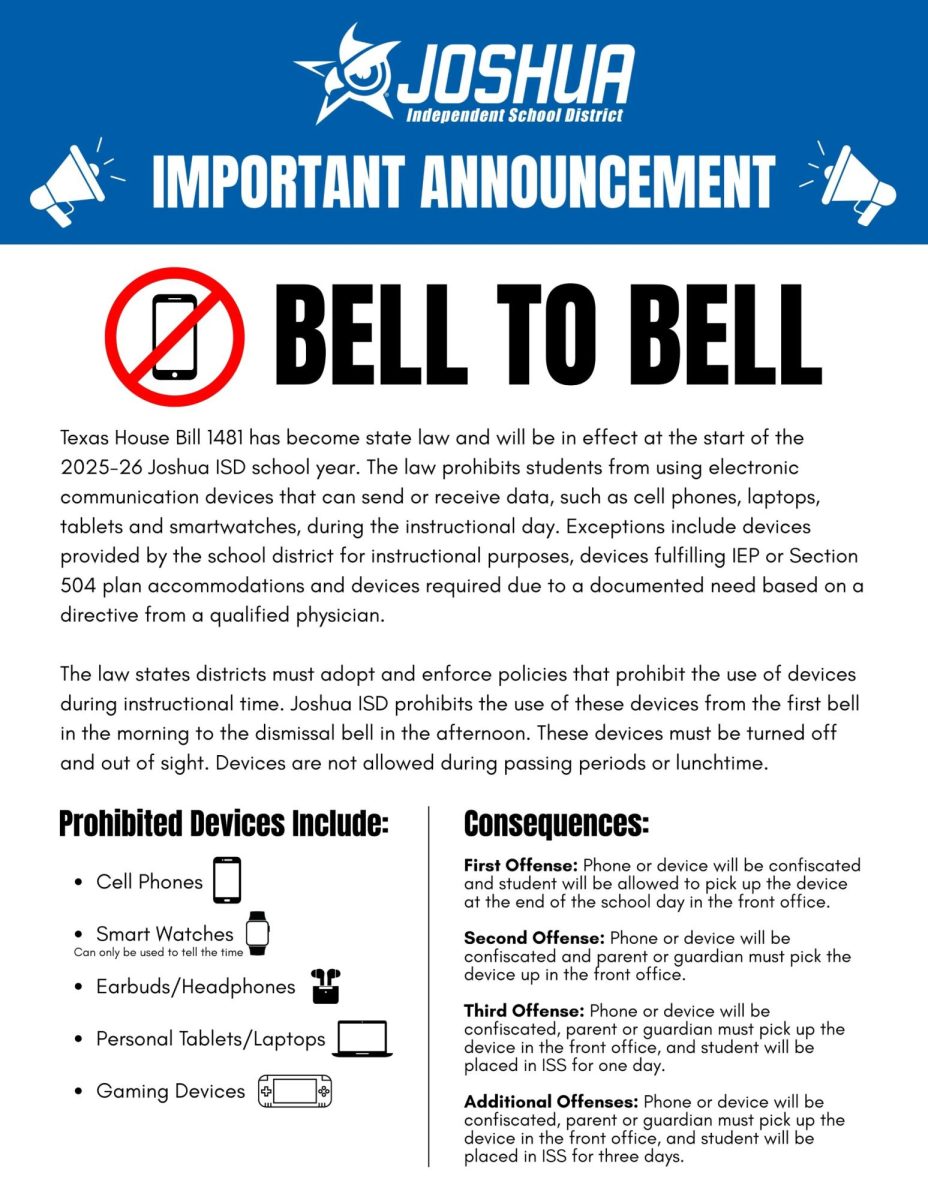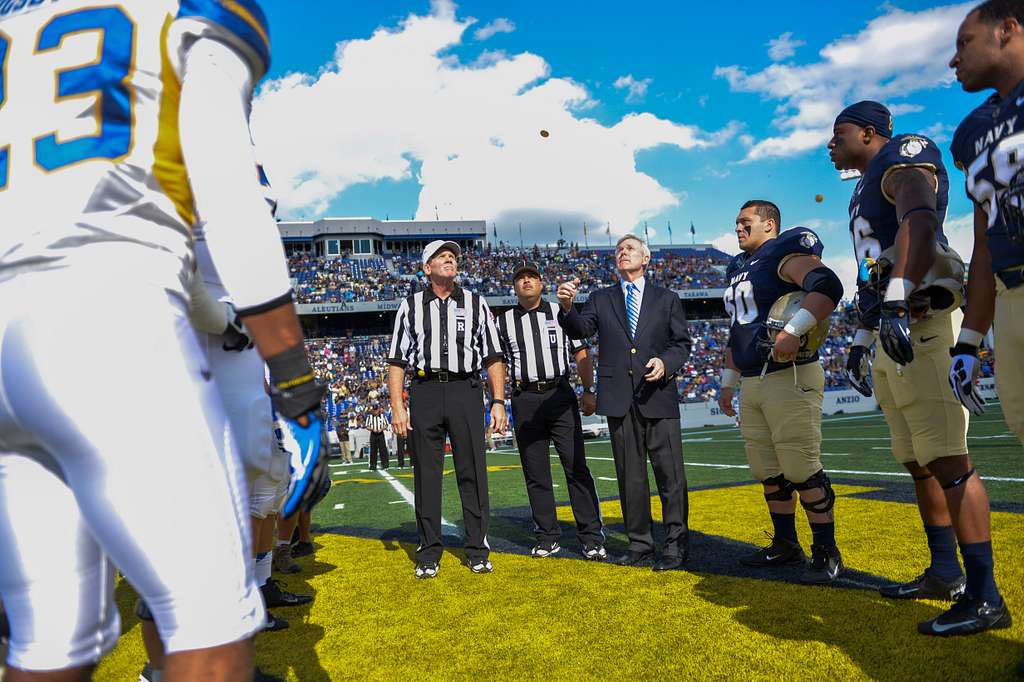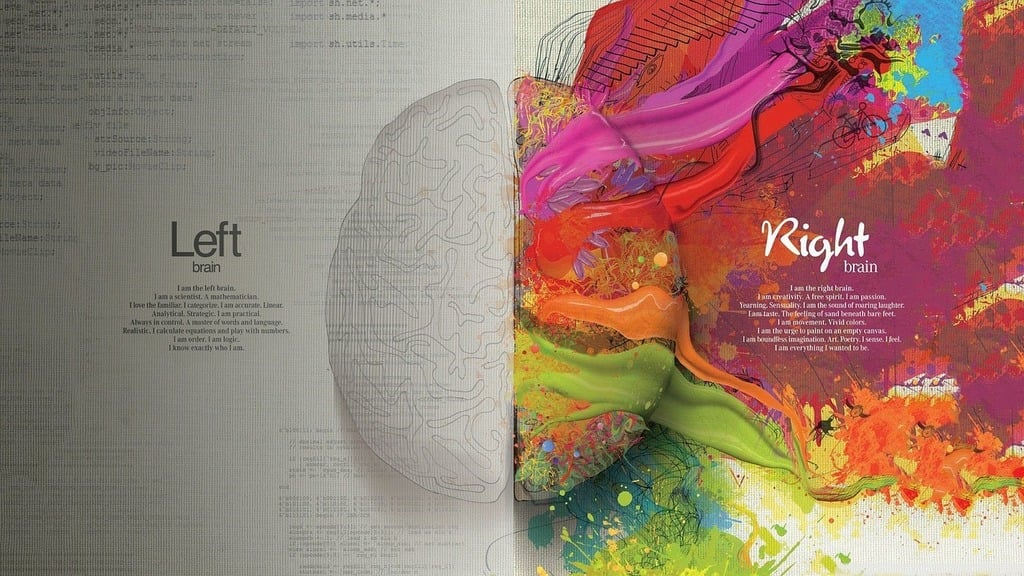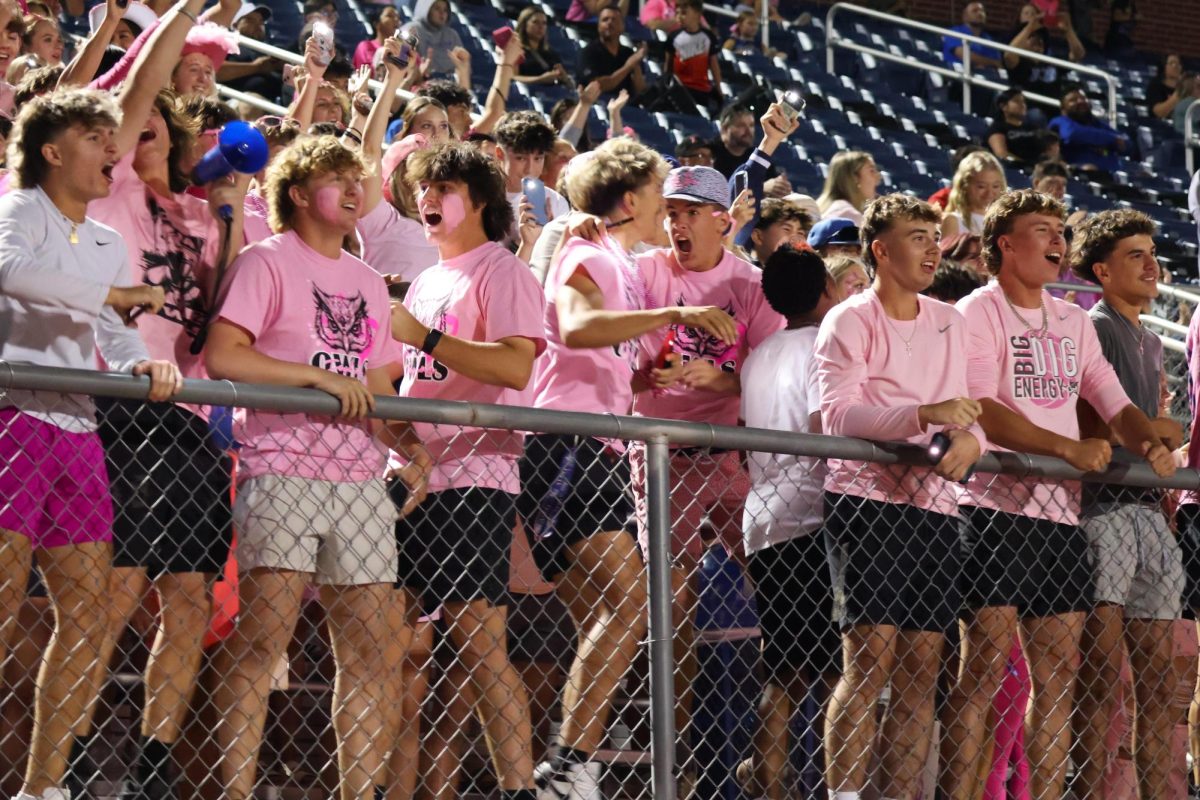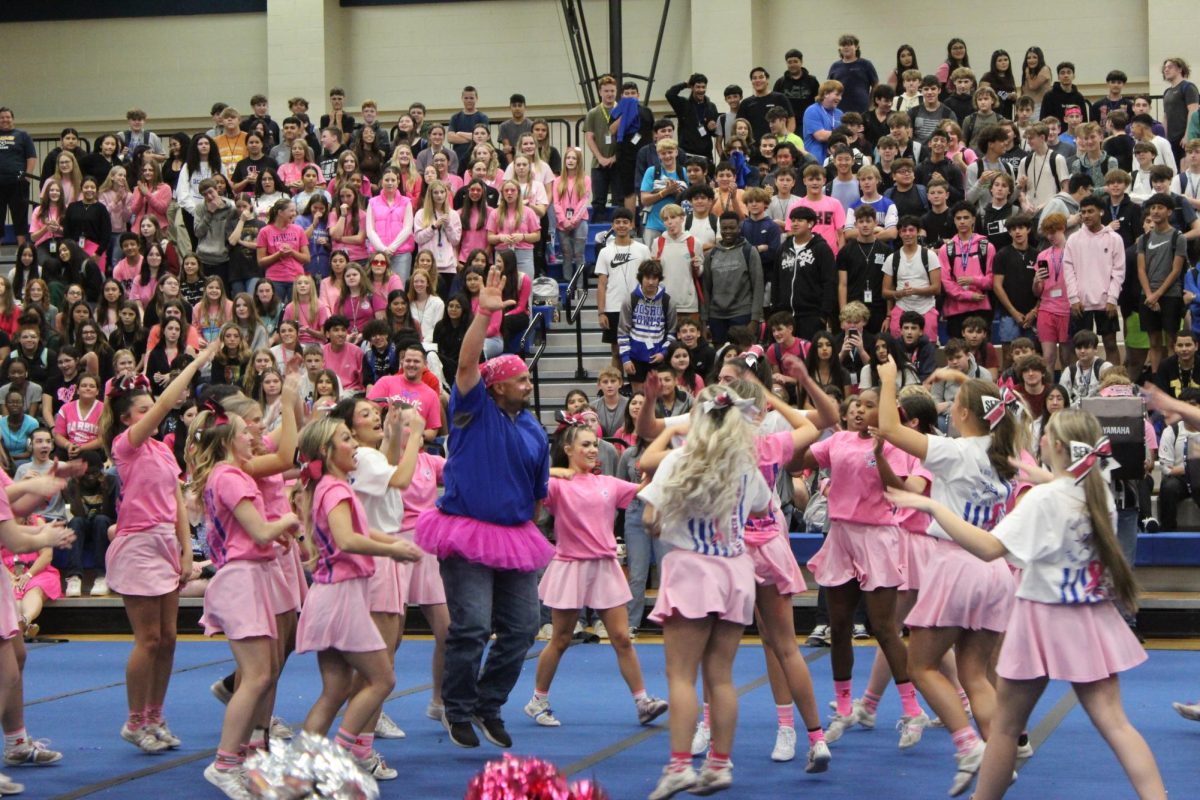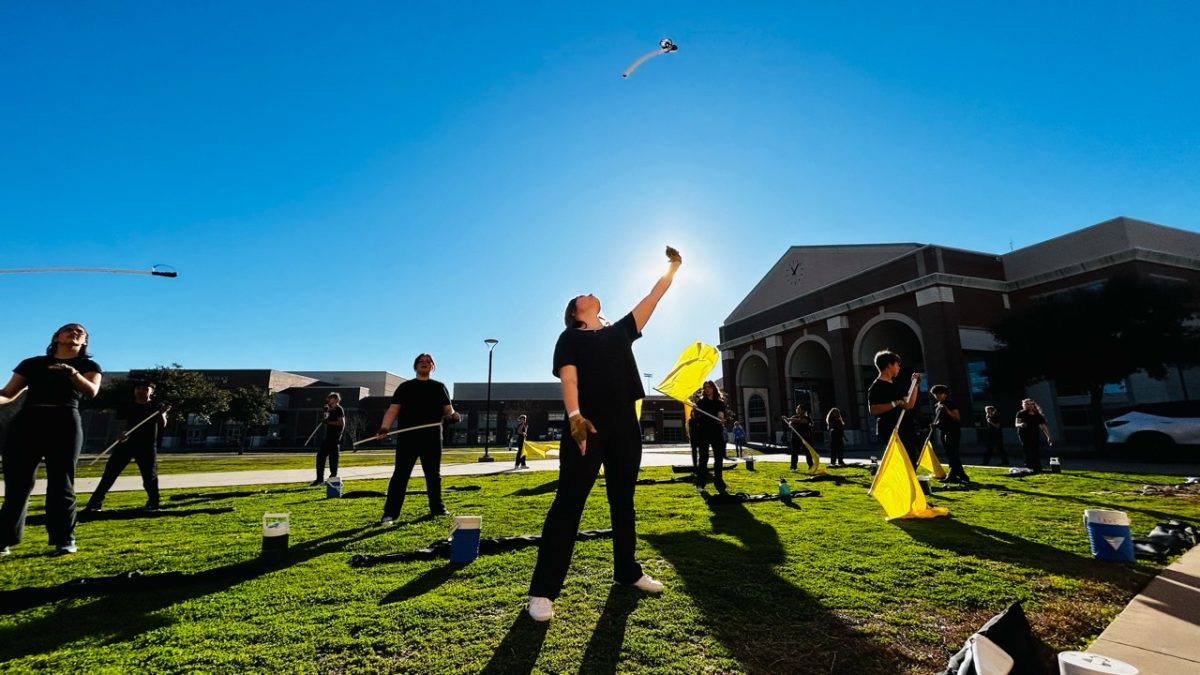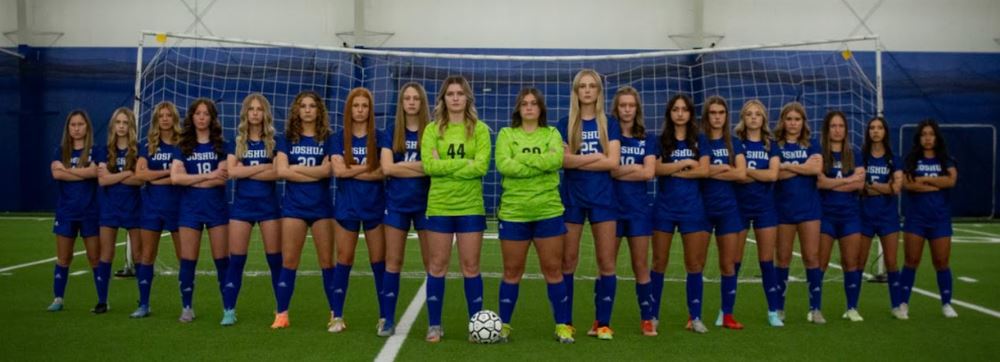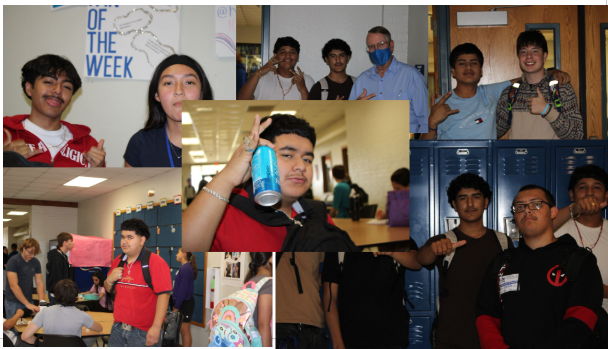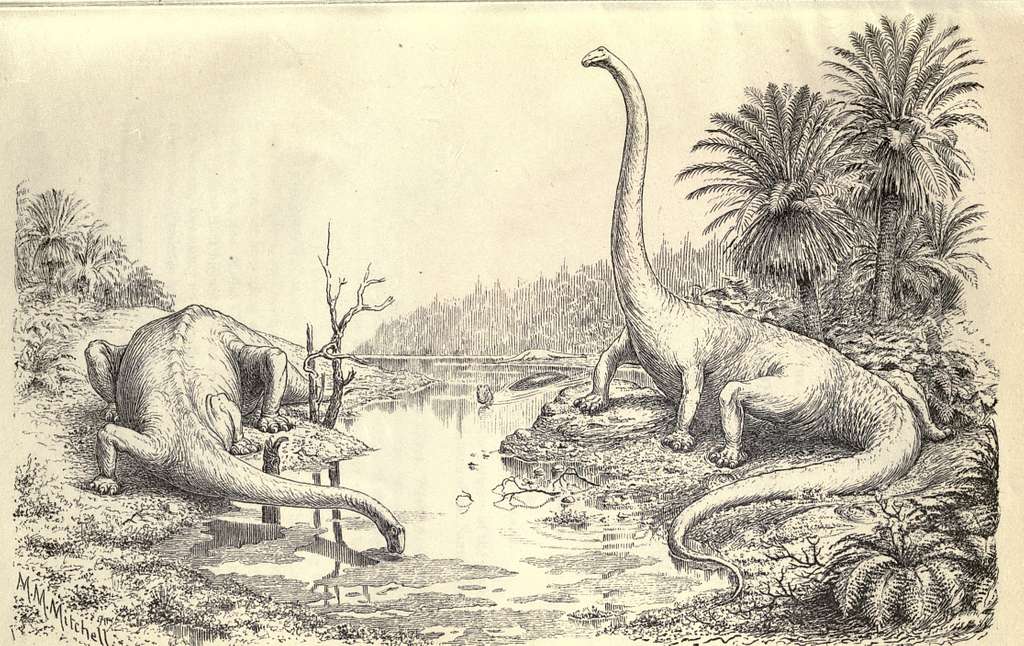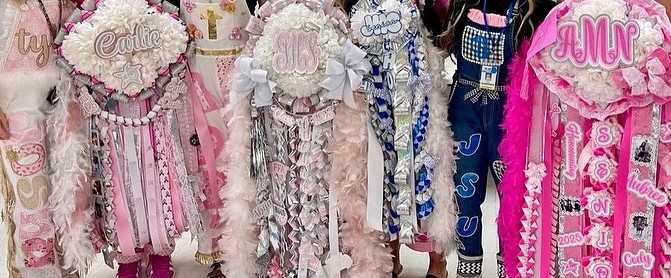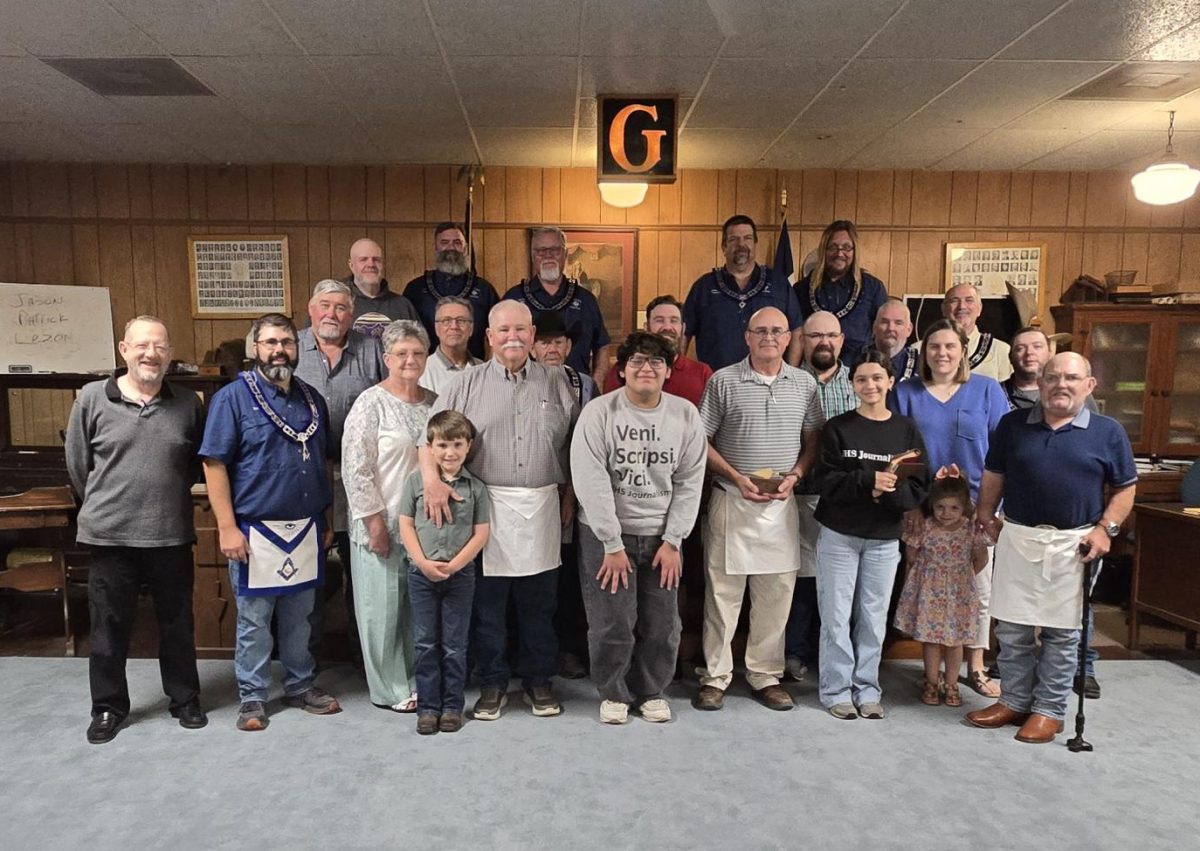Movies often reflect the intricacy of human life, exploring emotions, challenges, and the journey of self-discovery. The films “Manchester by the Sea,” “Dead Poets Society,” “Temple Grandin,” and “But I’m a Cheerleader” all explore deep personal struggles and the process of finding one’s true self. Despite their varying storylines and genres, these films share striking similarities, particularly in how they highlight identity, struggle, and personal growth.
“Manchester by the Sea”: The Weight of Grief and Redemption
“Manchester by the Sea” is a melancholic story about Lee Chandler, a man who returns to his hometown after the death of his brother, only to learn he is the guardian of his teenage nephew, Patrick. Throughout the movie, Lee grapples with overwhelming grief and guilt from a traumatic past. The film delves deeply into how loss and personal mistakes shape a person’s identity, as Lee’s journey is one of struggling to accept his past and finding a way to move forward. The movie powerfully highlights the emotional weight of personal struggles and how difficult it can be to heal, even when surrounded by those who care for you.
“Dead Poets Society”: Rejection of Conformity and Embracing Individuality

In “Dead Poets Society”, young students at a conservative prep school find inspiration from their unconventional teacher, John Keating. Keating encourages them to “seize the day” and pursue their passions, challenging the societal expectations that dictate how they should live. The movie’s central theme revolves around the conflict between individuality and conformity. The characters, particularly Neil and Todd, struggle with their own identities as they try to balance societal pressure and their personal desires. This exploration of the tension between following one’s heart and conforming to external expectations mirrors Lee’s emotional struggle in “Manchester by the Sea”—both characters face the difficulty of overcoming powerful outside influences in order to find themselves.
“Temple Grandin”: Overcoming Obstacles to Embrace One’s Uniqueness
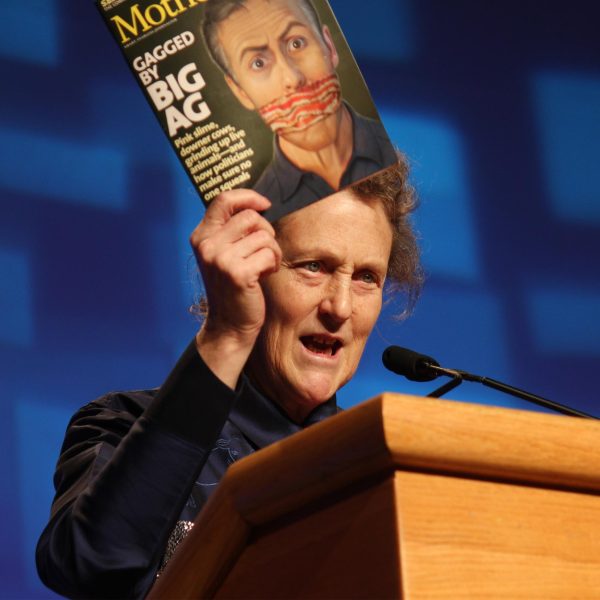
“Temple Grandin” tells the true story of Temple Grandin, an autistic woman who, despite facing significant challenges rises to prominence as a scientist and animal behavior expert. Temple’s journey is a powerful example of self-discovery as she learns to embrace her unique way of thinking and uses it to her advantage. The movie highlights how different people’s minds work and how those differences should be celebrated rather than stigmatized. Like Lee and the characters in “Dead Poets Society,” Temple’s struggle is a battle to accept who she is and find her place in a world that often feels alienating.
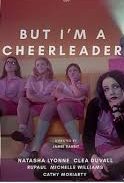
“But I’m a Cheerleader”: Embracing Sexual Identity and Rejection of Societal Norms
“But I’m a Cheerleader” is a satirical comedy that follows Megan, a high school cheerleader sent to a camp to “cure” her lesbianism. The film humorously explores the conflict between societal expectations and sexual identity. Megan struggles with understanding and accepting her sexuality, as she is pressured to conform to heteronormative standards. As she spends time at the camp and meets other people with similar experiences, Megan begins to embrace her true self. Like the other films, “But I’m a Cheerleader” underscores the theme of self-discovery and the courage required to reject societal pressures in favor of living authentically.
Identity, Struggle, and Self-Acceptance
While each film tells a different story, all of them explore the theme of personal struggle and the journey toward self-acceptance. Whether it’s Lee’s grief in “Manchester by the Sea,” Neil’s search for meaning in “Dead Poets Society,” Temple’s embrace of her autism in “Temple Grandin,” or Megan’s quest for sexual identity in “But I’m a Cheerleader,” these characters face internal and external conflicts that challenge their sense of self.
A common thread that runs through all four films is the idea of resisting societal norms or expectations. Lee must navigate the emotional weight of his past, while the students in “Dead Poets Society” struggle against institutional pressures. “Temple Grandin” faces a world that doesn’t understand her, while Megan battles against the conventional views of gender and sexuality. In each case, the protagonists’ struggles reflect a larger societal issue—the difficulty of embracing difference in a world that often values conformity.
Furthermore, these films all explore the importance of finding support systems. Whether it’s the family and community in “Manchester by the Sea,” the friendships in “Dead Poets Society,” the mentors in “Temple Grandin,” or the relationships in “But I’m a Cheerleader,” each character finds strength in others who help them accept and embrace their true selves.


